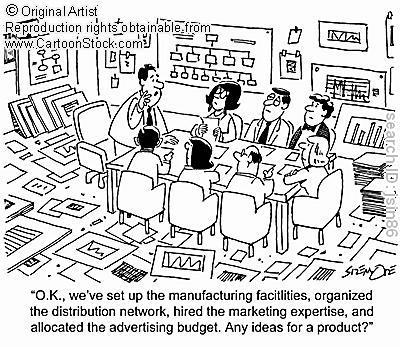"No one can whistle a symphony. It takes a whole orchestra to play it." - H.E. Luccock

Team worker (MIA) - People
Strengths: Most supportive, diplomatic, flexible
Weakness: Indecisive in dynamic situations
Monitor evaluator (ALL) - Thinking
Strengths: Objective, strategic, values accuracy over speed
Weakness: Too critical
As a group, we are prone to over-analyse.This is probably the root of our long discussions and decision making. While we think about the details and consider a problem from all angles, it has the potential to go a bit too far.
Solution: Put time limits on discussions.
Since we all have a critical eye for detail and have a tendency to be overwhelmed by the nitty gritty, the time limits remind us to stay on track and not deviate too far from our original goal.
Plant (JIA YI, MIA, WEN WEN) - Thinking
Strengths: Creative, imaginative, problem-solver
Weakness: Absent-minded, lack of attention to detail
Solution: All Plants (ignores detail) are Monitor Evaluators too (critical and detailed).Therefore the two traits even each other out.
"Take time to deliberate; but when the time for action arrives, stop thinking and go in" - Andrew Jackson
Shaper (JACELYN) - Action
Strengths: Dynamic, considerable drive, thrives under pressure
Weakness: Abrasive / Insensitive
Solution: Remind Jacelyn to tone down a bit when she starts to get scary. And, chill when under pressure.
A shaper and team worker balance each other's extreme qualities. It also helps that in our team, everyone pitches in to remind Jacelyn not to get to out of hand and to include Mia in the decision making.
Complete Finisher (JACELYN) - Action
Strengths: Meticulous, conscientious, searches out errors and omissions
Weakness: Worrier, nit-picker, reluctant to delegate
Solution: Remind Jacelyn not to take it too far. It will be a useless group project if only she does majority of the work. And, if she gets too anxious, the others need to calm her down.
Implementer (JIA YI, WEN WEN) - Action
Strengths: Organised, disciplined, reliable
Weakness: Inflexible
Solution: A team worker's flexibility makes up for an implementer's inflexibility. In addition, both are monitor evaluators and therefore can be reasoned with.
MISSING!
"In every obstacle there is an opportunity." - Anon
Specialist
Strength: Deep knowledge
Weakness: Limited contribution
Result: We think the limited contribution of a Specialist outweighs the potential of expertise. We feel that we can do without. I think, knowledge is gained by learning and while helpful, it is not necessary to come into a group with a preexisting well of knowledge.
Resource Investigator
Strengths: Networker, enthusiastic
Weakness: Over-optimistic, easily bored
Result: We shall have to make do and take the initiative to find and contact the people related to our project.
Coordinator
Strengths: Motivator, clarifies goals, facilitator
Weakness: Manipulative, Over delegates
Result: We have to rely on each other to motivate us when needed. We will also have to clearly state our work and goals at the end of every discussion to ensure that everyone has a clear idea of what we are doing.
"Forethought we may have, undoubtedly, but not foresight." - Napoleon Bonaparte
An entirely valid point that Wen Wen brought up was, that she thinks the "labeled" roles, are very subjective to the mood of an individual at the time of the test, therefore these problems are more "possible" problems, clashes and conflicts that we might face rather than "fact".
I completely agree with her and in hindsight realised that we merely stated our top 3 roles. We did not include the strength of the of the role. In addition, some of the traits attributed to a certain role was the opposite of another, and an individual "supposedly" had both these conflicting characteristics.
For complete notes of the discussions, go to: http://u-nicorns.blogspot.com/2011/11/reviewing-team-roles.html and http://u-nicorns.blogspot.com/2011/12/reviewing-team-roles-continued.html
"It is the responsibility of leadership to provide opportunity, and the responsibility of individuals to contribute." - William Pollard



















